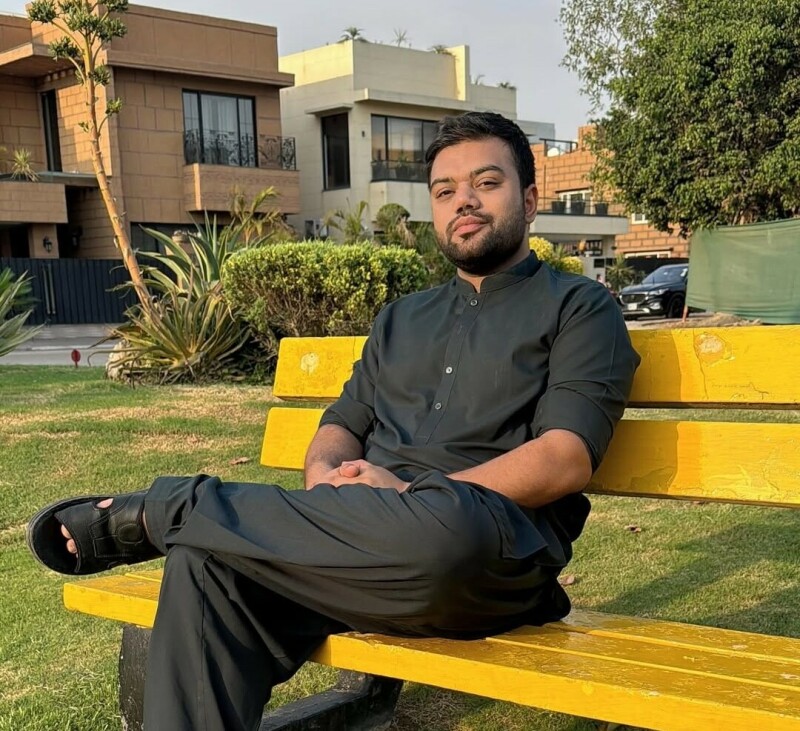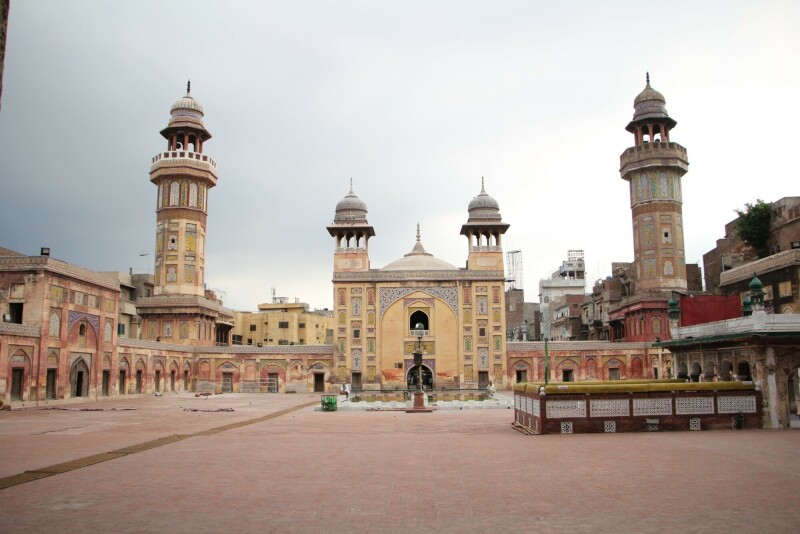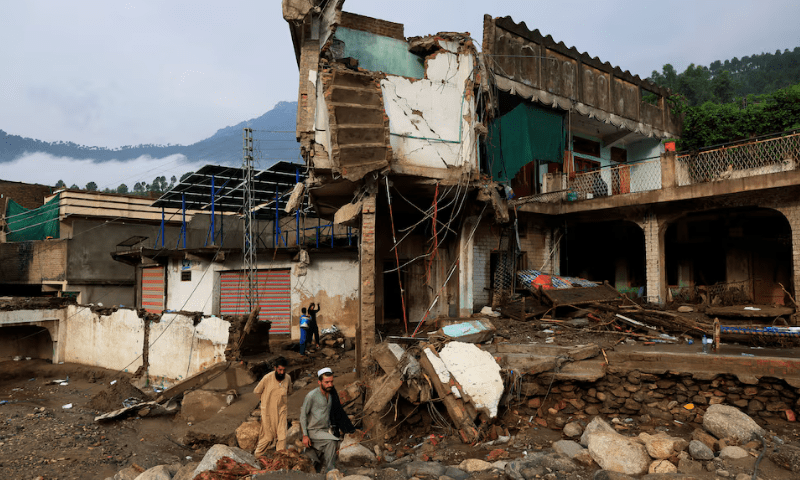Madeeha Gauhar remembered: "She fought for all marginalised people"
A condolence reference was held at the Government College University, Lahore, on Thursday to acknowledge the services of actress, playwright and director Madeeha Gauhar, also the founder of Ajoka Theater.
The condolence reference was marked by screening a short film on the life and work of the late Gauhar followed by the performance of her play.
Retired Justice Nasira Javed Iqbal said that two of the bravest women of Pakistan were Asma Jahangir and Ms Gauhar. “If they had not struggled for women, we would never have been where we are today,” she said.
“In fact, she fought for all marginalised people.”
She said that Gauhar’s dramas were a movement against intolerance and rigidity; in the 1980s under the despotic rule of Zia she was one of the women who fought against oppression through art.
TV actor Naeem Tahir recounted personal anecdotes of Ms Gauhar, and said he had known her and her work since his student days. “It’s the loss of a personal friend along with a great director,” he said.
Husband of Ms Gauhar and writer Shahid Nadeem remembered her as an artist. “She and I shared a fascination for theatre,” he said. “We met in London where I was in political exile. She discussed with me my play, and we hit it off instantly. She suggested we form Ajoka – a free space. Since I could not visit Pakistan, I started sending plays to her and she directed and performed them here. That’s how we started our journey together.”
Nadeem said that the atmosphere at that time was not suppressive for women and artistes. Ajoka was a movement in a way. She was passionate about culturally rich, aesthetically strong and socially meaningful theatre since her school and college days.
“Everything else became secondary,” he said. “We have lost her in physical terms but she is still an inspiration for young people.”
GCU Vice Chancellor Prof Dr Hassan Amir Shah and former Punjab University dean of arts and humanities Prof Shaista Sirajuddin as well as GCU English Department Chairperson Prof Siddique Awan spoke.
Later, Gauhar’s play ‘Kala Meda Bhes’ was performed at the Bukhari Auditorium.
The play is based on a real life incident of south Punjab where a woman is exchanged for an ox. The setting is a small village of Cholistan desert where drinking water is scarce while a powerful and exploitative ‘Pir’ controls the only well.
The aridity of the desert is juxtaposed against the barrenness of the protagonist Sundri and water against fertility. The play presents a composite paradigm of rural Pakistan. The reality of deprivation, misery, lack of basic amenities and the immoral exploitation by the venerated is presented with no holds barred. The custom of Wata Sata used reprehensibly to exchange women for an ox is only too eloquently underlined.
‘Kala Meda Bhes’ is not just a tale of woes. Individual and community problems have been woven with the inherent human resilience, of celebration and the affirmation of life.
Originally published in Dawn, October 26th, 2018














Comments